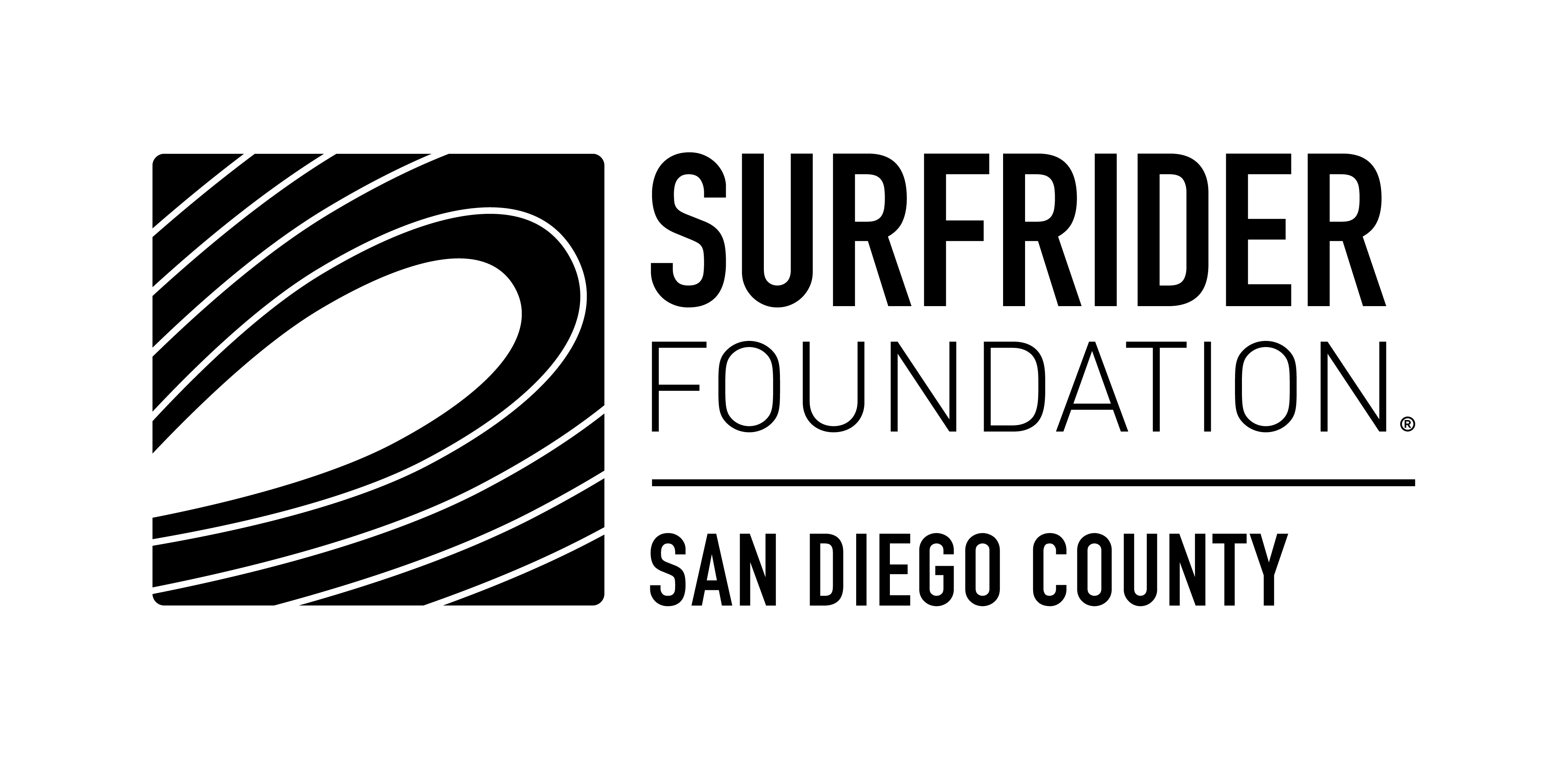Surfrider San Diego, along with our environmental colleagues, submitted this joint comment letter to the Regional Water Quality Control Board regarding the draft Regional MS4 Stormwater permit. Below is a summary of those comments. We hope all of you will join us at the April 10th Regional Board hearing from 4-6pm to stand up for clean water!
Summary of Comments from Environmental Groups on Tentative Order Number: R9-2013-0001 (dated January 11, 2013)
By: Patrick Mulvey
The permit must foster a watershed-based planning process that involves the whole community in achieving a healthier watershed. To accomplish this, the "Environmental Groups" propose the following changes to Tentative Order No. R9-2013-0001:
I. The Water Quality Improvement Plan (WQIP) development process must be improved in the following ways:
- Stakeholder (environmental groups, Regional Board staff, and other concerned parties) participation must be required throughout the WQIP development process, including during the early planning stages and not just at review checkpoints. The involvement of the Regional Board staff must be more specifically defined, i.e. requiring monthly progress submittals and formal review of key components of the WQIP. The permit must require creation of a WQIP development team, including representatives of the Copermittees, the Regional Board Staff and the Stakeholder Advisory Group. The Stakeholder advisory group must include representatives of Environmental Groups with specific knowledge of the watershed in question, and at least one non-Copermittee representative with specialized knowledge (hydrology, geology, etc) of the watershed. In addition, the language of the permit must be changed from "encouraging" public participation to "requiring" public participation. The permit must also require a schedule for developing the WQIP that reflects specific milestones for stakeholder and public input.
- The permit must require formal review periods (for all Copermittees and Stakeholders) after each step of the development process. Delays to the WQIP development due to review must be accounted for in the development schedule.
- WQIPs must be developed consecutively, not concurrently, starting with the “worst” watershed, allowing Stakeholders to time to review each WQIP. This will also allow the WQIP development process to be streamlined using the previous plans as a guide to development.
- The permit must require the WQIPs to detail specific activities each Copermittee must undertake to achieve in each watershed to be in compliance with the Permit. This will ensure Copermittee resources are appropriately allocated and no watershed will be “orphaned”.
- The permit must require Copermittees meet final numeric targets in accordance with applicable water quality standards.
- The permit must require that Copermittees be held accountable for achieving numeric targets in each watershed within their jurisdiction. Additionally, the permit must specify that the Regional Board shall reject all WQIPs that include “orphaned” watersheds.
- The WQIP must include alternative compliance options that Copermittees may use when baseline requirements are not applicable, including detail of how and when alternative compliance options may be utilized. The permit must also require that alternative compliance projects are completed, and that failure to complete the project is a permit violation.
- The permit must include a step where WQIPs for all the watersheds can be reviewed by Stakeholders and the Regional Board at the same time to further ensure appropriate allocation of activities to each watershed, and further eliminate the possibility of “orphaned” watersheds.
- The permit must require WQIPs to be approved at a public hearing.
- The permit must require annual reporting from Copermittees to ensure proposed activities are completed within each watershed.
- The permit must require the adaptive management process include formal public comment detailing how and when Copermittees are required to solicit public input.
II. The permit must require periodic monitoring and compliance with interim goals.
- The permit must require reporting of mass limits in order to comply with the bacteria total maximum daily loads (TMDLs).
- The permit must require interim goals and monitoring to evaluate progress toward TMDL goals, particularly for wet-weather bacteria exceedances.
- The permit must not allow Copermittees to comply with TMDL goals by performing a “reasonable assurance” analysis, which uses modeling to predict what “should” occur after installing various Best Management Practices (BMPs).
III. The permit must require extensive monitoring and assessment to identify progress and ensure water quality goals are being met.
- The permit must specify that Copermittees must not only accept, but solicit and evaluate, third party monitoring and assessment data that meets certain minimum criteria, or has been collected using the latest Standard Methods of Water and Wastewater Analysis.
- The permit must allow Copermittees to partner with environmental groups or other third parties to assist in completion of special studies of watersheds.
